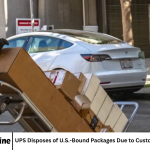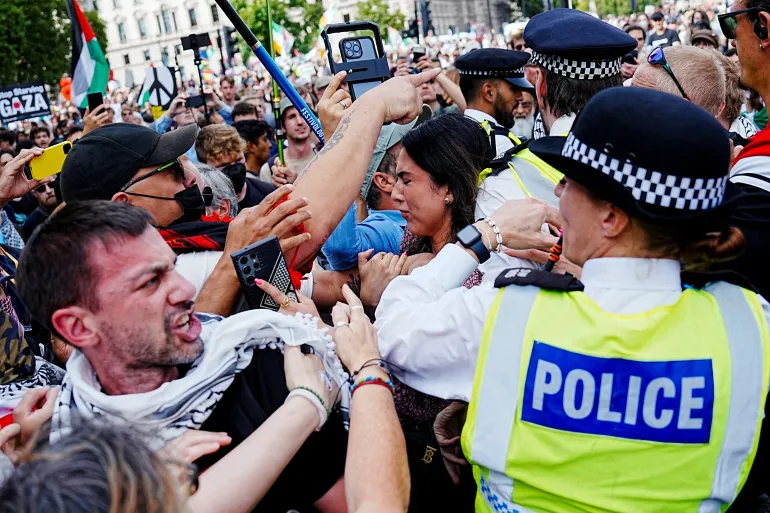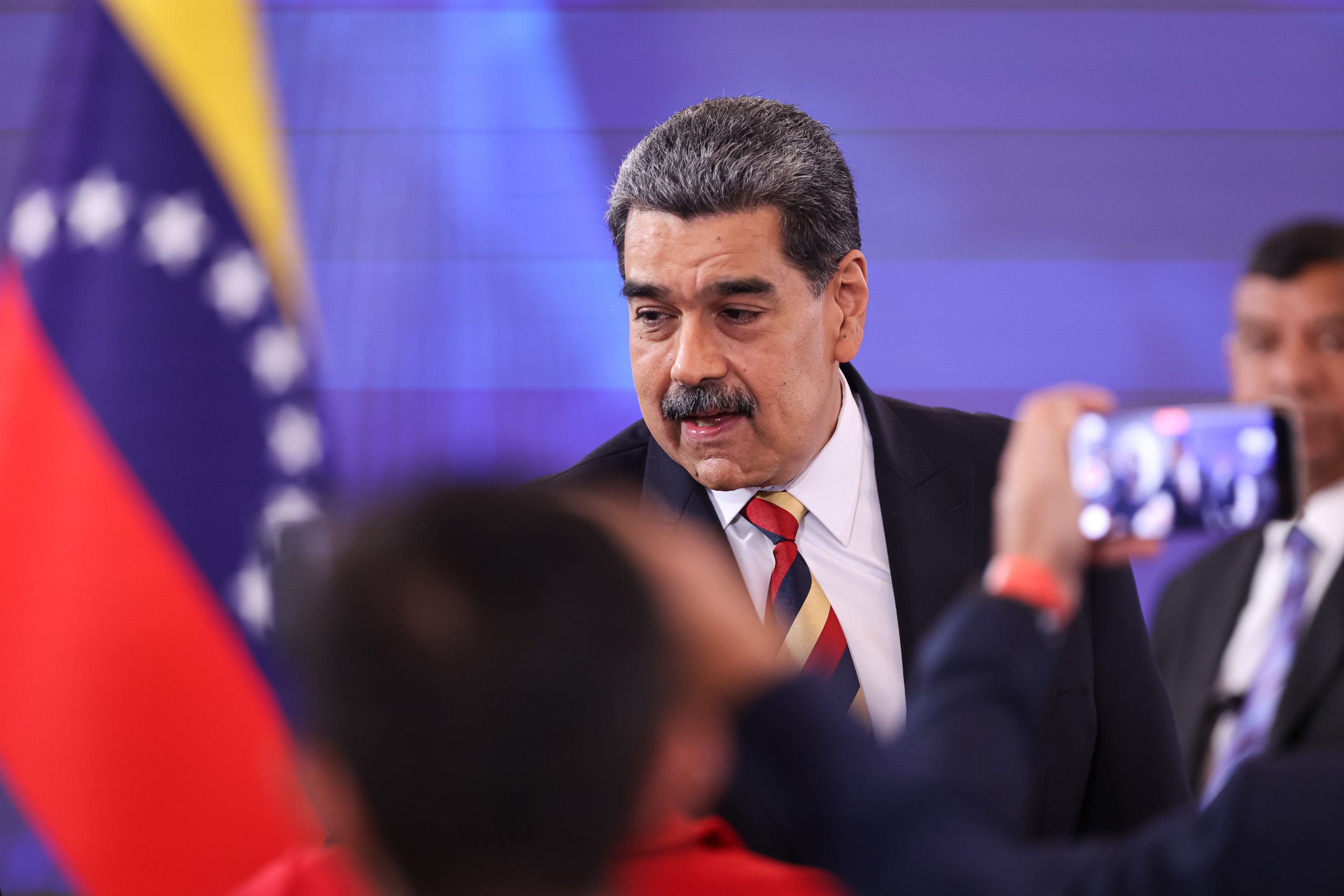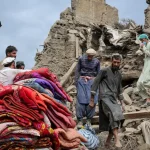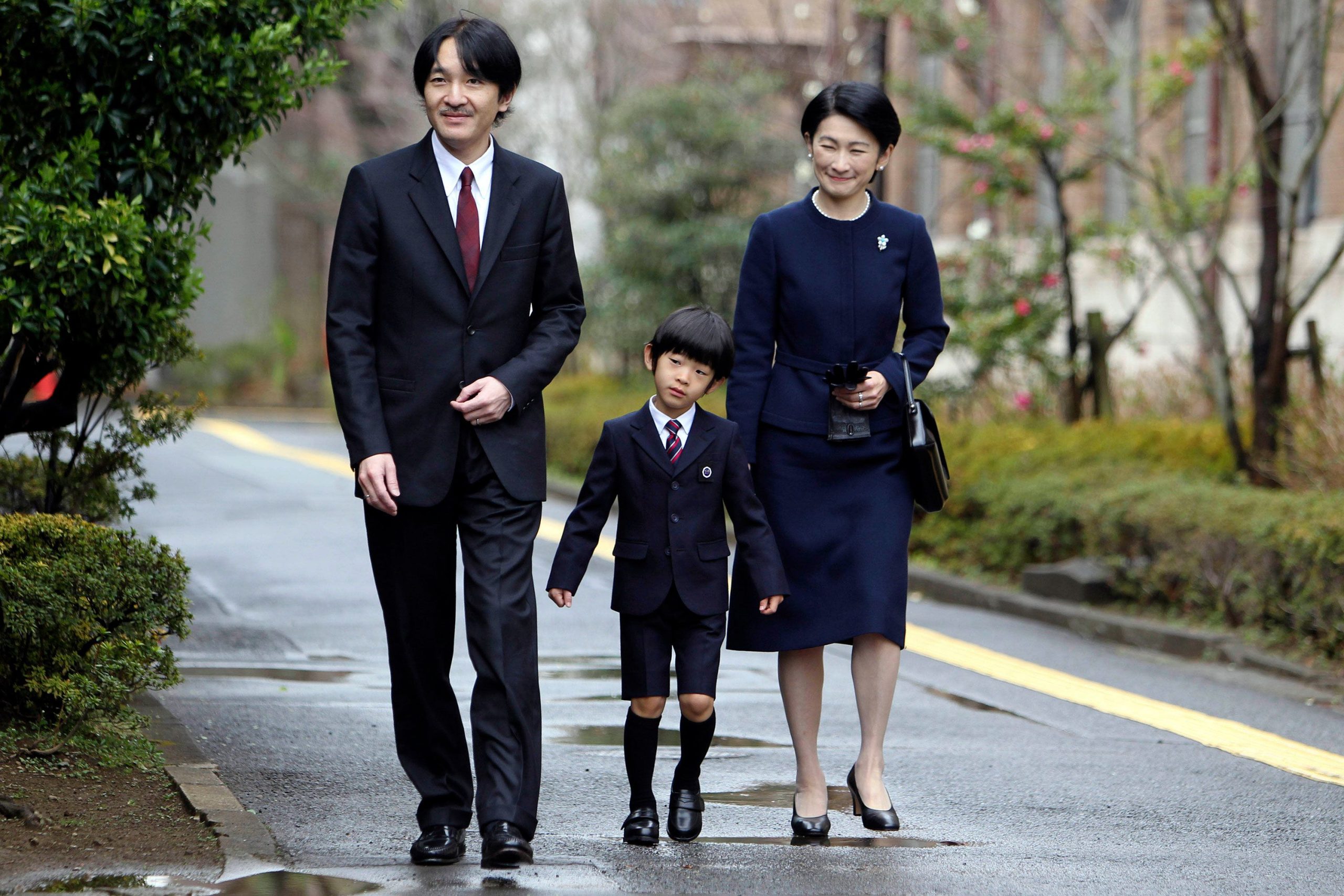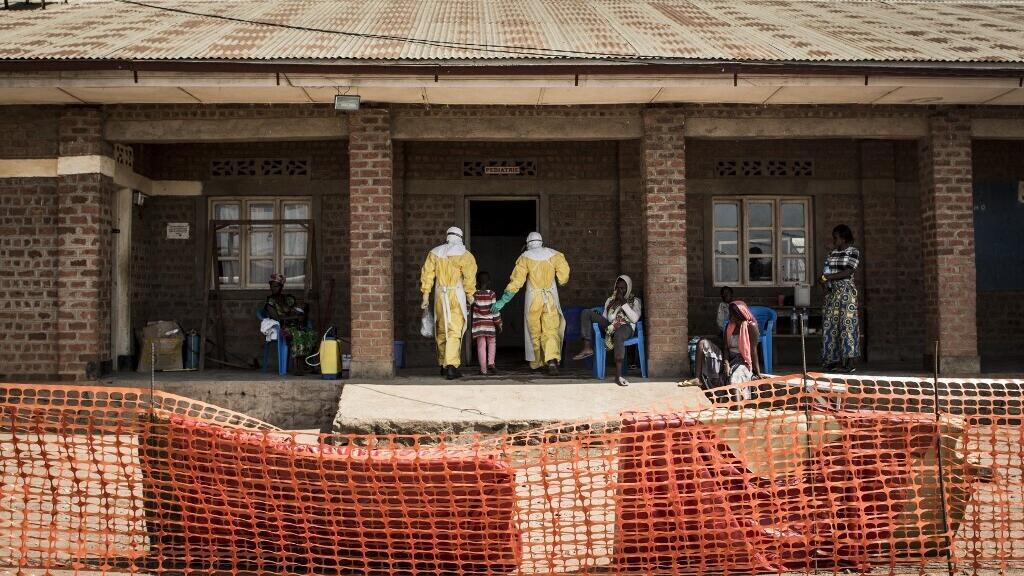The growing wave of protests across the United Kingdom has thrust one group into the spotlight: Palestine Action. Known for its bold, uncompromising tactics, the movement has disrupted businesses, staged occupations, and sparked national debates about activism, accountability, and the boundaries of protest. With hundreds of arrests linked to their actions, Palestine Action has become one of the most polarizing protest groups in Britain today. For some, they represent a courageous stand against war profiteering and complicity in human rights abuses. For others, their tactics cross the line into criminality. But what exactly is Palestine Action, and why has it gained such traction in recent years?
- The Origins of Palestine Action
- What Drives Palestine Action
- Tactics and Direct Action Campaigns
- The Scale of Arrests
- Public and Political Reactions
- Comparisons to Other Movements
- The Role of Social Media and Storytelling
- Legal and Ethical Debates
- Global Resonance
- What Lies Ahead for Palestine Action
- FAQs
- Who founded Palestine Action?
- Why does Palestine Action target Elbit Systems?
- How many people have been arrested through Palestine Action protests?
- What are the main criticisms of Palestine Action?
- Is Palestine Action connected to other activist groups?
- Conclusion
This article explores the origins, goals, and methods of Palestine Action, while placing the group’s rise within the broader context of British activism, international politics, and the enduring conflict in the Middle East. By the end, readers will have a clear understanding of not only what Palestine Action does, but also why their movement has sparked so much attention and controversy.
The Origins of Palestine Action
Palestine Action was founded in 2020 as a grassroots, direct-action network with a specific aim: to disrupt and dismantle companies they believe enable or profit from Israel’s military operations against Palestinians. Unlike traditional advocacy groups that rely on lobbying or peaceful marches, Palestine Action was designed as a decentralized, militant protest organization that uses disruptive tactics to draw immediate attention.
Its formation coincided with a growing global awareness of corporate complicity in conflicts, especially as companies supplying weapons or surveillance technology to Israel were increasingly scrutinized by human rights advocates. The founders of Palestine Action declared early on that they would not ask politely for change but would physically intervene to make business as usual impossible for those they deemed complicit.
What Drives Palestine Action
The group’s philosophy is rooted in the belief that conventional protest has failed to bring about meaningful change. Campaigners argue that the UK government and corporate sector are directly tied to what they describe as “Israel’s system of apartheid and occupation.” They cite evidence from human rights organizations, including Amnesty International and Human Rights Watch, that accuse Israel of committing grave violations of international law.
By targeting defense contractors, especially those linked to Elbit Systems—Israel’s largest weapons manufacturer—Palestine Action positions itself as a force for accountability. Members claim their aim is not symbolic protest but tangible disruption, often repeating the mantra: “We are not here to protest; we are here to stop the killing.”
Tactics and Direct Action Campaigns
Palestine Action’s methods have drawn both admiration and criticism. Their tactics include occupying factory rooftops, vandalizing buildings, chaining themselves to entrances, and staging sit-ins to halt production. The most high-profile targets have been factories and offices associated with Elbit Systems across the UK, which produce drones, surveillance systems, and other military technology.
Supporters describe these actions as necessary resistance against companies profiting from conflict. Critics, however, view them as unlawful and disruptive, accusing activists of causing significant property damage and endangering workers. Regardless of where one stands, their approach has undeniably worked in terms of visibility: their protests frequently make headlines, sparking debates on television panels and across social media platforms.
The Scale of Arrests
Since 2020, hundreds of activists affiliated with Palestine Action have been arrested in connection with their protests. Charges range from trespassing to criminal damage and aggravated trespass. Court cases related to their actions are ongoing, and in some instances, activists have been acquitted by sympathetic juries who deemed their actions a form of justified civil disobedience. These legal outcomes echo similar historical trials involving climate activists or anti-apartheid campaigners.
For Palestine Action, the arrests themselves are seen as part of the struggle. Many activists openly state they are willing to risk imprisonment to highlight what they view as the UK’s role in perpetuating violence in Palestine. This willingness to face arrest has added to their credibility among sympathizers, while simultaneously hardening opposition from those who believe their tactics undermine the rule of law.
Public and Political Reactions
Palestine Action has polarized public opinion in Britain. Supporters argue that their campaigns echo historic struggles, from the suffragettes to anti-apartheid movements, which also relied on direct action and disruption. They see Palestine Action as part of a proud tradition of justice-driven activism that challenges powerful interests when governments fail to act.
Critics, however, view the group as reckless. Business leaders argue that occupations and damage to property threaten jobs and economic stability. Some politicians have called for harsher penalties for activists, citing public safety concerns. At the same time, Palestine Action’s disruptive approach has forced the issue of UK complicity in arms sales to Israel onto the public agenda, a subject often overlooked in mainstream political discourse.
Comparisons to Other Movements
Palestine Action’s methods bear resemblance to other radical protest groups, such as Extinction Rebellion (XR) and Insulate Britain. While climate-focused groups target fossil fuel companies and government infrastructure, Palestine Action concentrates exclusively on defense contractors linked to Israel. Both, however, share a belief in civil resistance and the use of disruptive tactics to force systemic change.
What sets Palestine Action apart is its singular focus on Palestine. The group sees its mission as international solidarity—linking Britain’s role in the global arms trade directly to suffering in Gaza and the West Bank. This singular focus gives the movement a clarity of purpose, though it also makes it a lightning rod for controversy in a country where debates around Israel and Palestine are deeply polarized.
The Role of Social Media and Storytelling
In the digital age, Palestine Action has leveraged social media to amplify its message. Videos of rooftop occupations, confrontations with police, and impassioned speeches circulate widely on platforms like Twitter, TikTok, and Instagram. These clips often frame activists as brave individuals standing up against powerful corporations, creating narratives that inspire sympathy and outrage alike.
Storytelling plays a central role in their strategy. Activists often connect their actions to testimonies from Palestinians living under occupation, ensuring that the human cost of the arms trade remains front and center. This approach helps shift the narrative from property damage to questions of morality and justice.
Legal and Ethical Debates
The rise of Palestine Action has reignited debates about the limits of protest in a democracy. Should activists be allowed to disrupt businesses if they believe those businesses are complicit in human rights abuses? Where should the line between protest and criminality be drawn? These questions are not new, but Palestine Action’s tactics force society to revisit them in real time.
Ethically, many argue that their actions are justified in the face of systemic injustice. Others counter that the rule of law must prevail, warning that excusing direct action sets a dangerous precedent. Legal scholars note that the outcomes of trials involving Palestine Action could shape future protest rights in the UK, much as earlier rulings affected climate activism.
Global Resonance
Palestine Action is not an isolated phenomenon. Across Europe and the United States, solidarity networks are rising, targeting corporations linked to Israel or pressuring governments to reconsider arms sales. The resonance of Palestine Action lies in its ability to connect local action in the UK to a global struggle. By situating British factories within the larger context of the Israel-Palestine conflict, the group highlights how interconnected the global economy is with conflict zones.
What Lies Ahead for Palestine Action
As pressure mounts on governments to reconsider arms deals with Israel, Palestine Action shows no signs of slowing down. Its activists insist they will continue their campaign until companies like Elbit Systems are forced out of the UK. Whether this ambition is realistic remains uncertain, but the group has already demonstrated an ability to sustain momentum in the face of legal crackdowns.
The coming years will test whether Palestine Action can maintain its grassroots energy and whether public opinion will tilt further in its favor or against it. Much depends on the wider political landscape, including how the Israel-Palestine conflict unfolds and how the UK government responds to calls for accountability in arms trading.
FAQs
Who founded Palestine Action?
Palestine Action was founded in 2020 by a network of grassroots activists determined to disrupt companies involved in supplying weapons and technology to Israel. The group was designed to be decentralized, without a single figurehead, to prevent authorities from targeting its leadership.
Why does Palestine Action target Elbit Systems?
Elbit Systems is Israel’s largest private arms manufacturer, supplying drones, surveillance systems, and weapons frequently used in operations in Gaza and the West Bank. Palestine Action accuses the company of profiting from human rights abuses and aims to shut down its UK operations.
How many people have been arrested through Palestine Action protests?
Hundreds of activists have been arrested since the group’s founding. Exact numbers fluctuate as legal cases proceed, but the arrests span charges including trespassing, criminal damage, and aggravated trespass.
What are the main criticisms of Palestine Action?
Critics argue that the group’s actions cross the line into criminal behavior, causing property damage, disrupting businesses, and straining police resources. Some also claim their tactics alienate potential supporters who might sympathize with the Palestinian cause but reject disruptive protest.
Is Palestine Action connected to other activist groups?
While distinct in its mission, Palestine Action shares similarities with climate protest groups like Extinction Rebellion in terms of tactics and philosophy. It also works in solidarity with Palestinian advocacy organizations and global networks opposing arms sales.
Conclusion
Palestine Action represents one of the most striking examples of radical activism in the UK today. Born out of frustration with conventional protest, the group has committed itself to direct action that disrupts business as usual and forces uncomfortable questions into public debate. Whether seen as heroes or vandals, their actions have succeeded in drawing national attention to the UK’s role in the global arms trade and its connection to the suffering of Palestinians.
The story of Palestine Action is not just about one protest group—it is about how activism evolves when traditional avenues for change appear blocked. As long as the Israel-Palestine conflict persists and companies profit from supplying weapons, groups like Palestine Action are likely to remain active, challenging both the law and the conscience of society.







